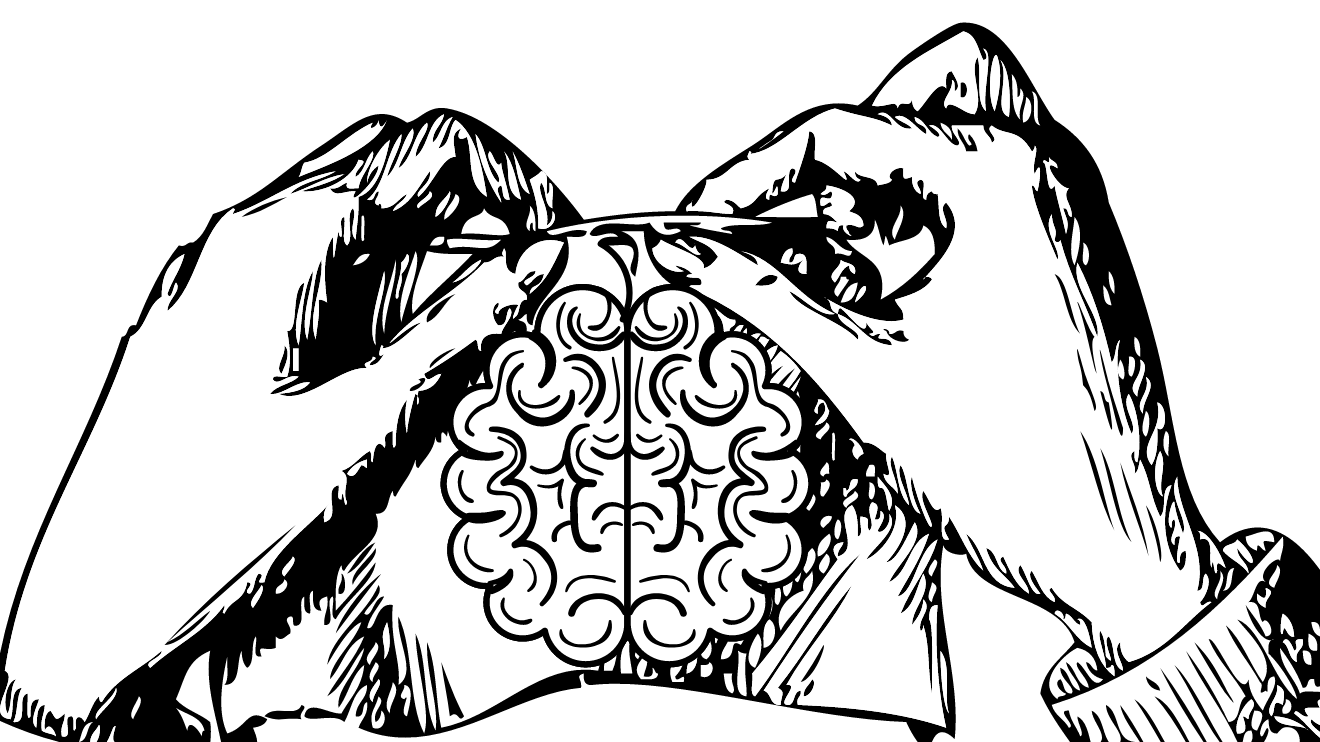
What's the story of that sweater your grandma knitted for you?
How repetitive tasks like knitting help heal trauma.
🪄✨ Before you read today's piece, I want to share some magical news with you.
Over the past month, many of you have sent me financial contributions so I can pay for Ghost, the ethically built software that I use to publish Sanity. Over the weekend, I wrote a LinkedIn post acknowledging your kindness. I also tagged Ghost in it. I woke up next morning to an utterly unexpected message from the company:
"Hey Tanmoy, we really appreciate your work. We've just applied a 50% lifetime discount to your account, so all future invoices will be half price — hopefully this helps to make things a bit easier to manage."
I wish I could show you how my face looked at the moment I read the message! This is E-X-T-R-A-O-R-D-I-N-A-R-Y. I don't know of any other small creator, at least in my part of the world, who has received such a life-saving gift. Dealing with businesses can make you cynical. What Ghost, a nonprofit, has done for me is validation for my decision to build Sanity on it.
I emailed Ghost profusely thanking them for their gesture. But ultimately, you, my readers, did this magic, because without your faith and support, what would my work be worth? I am grateful beyond words to have you in my corner, and I hope you will stay with me for as long as I write.
I am now stopping the campaign to raise funds for Ghost. I've decided to use some of the surplus resources from this campaign to fund my pro bono work in mental health advocacy and mentoring students and young professionals. Meanwhile, my battle to make Sanity sustainable will continue. Please do support my work by clicking one of the buttons below if you haven't already. And enjoy today's edition, which was inspired by a reader's email.
Thank you, and much love - Tanmoy
“I knit, therefore I am. I am, therefore I knit.”
— Dominique Kaehler Schweizer AKA Madame Tricot AKA the 'knitting psychiatrist'
"Do you know if there is research into a correlation/causality between women doing repetitive work (mixing dough, knitting, sewing, etc) and working through trauma?"
Antje Jordan is a founding member of Sanity. She wrote to me with this question a few months ago, based on observing her grandmother.
"I was just talking to my mother the other day about how my grandmother was never just sitting still, and I thought maybe that's universal?" Antje wrote. "Women doing certain types of chores [to be] able to cope with stuff?"
I found the idea fascinating. The only mental health impact of 'repetitive' tasks that I was aware of was far from wholesome – it had potential links to depression. But that was in the context of tedium-filled workplaces. I knew nothing about what happens to the brain under the influence of the kind of ritualised activities that Antje was talking about. (Full disclosure: We did have crocheting in school, but I didn't bother learning and paid a tailor in the local market to do my crocheting projects for me. It was part of the SUPW – Socially Productive and Useful Work – class. We disdainfully called it Some Useful Periods Wasted.) I promised Antje I'd dive into her question and report back.
That's how I discovered Dominique Kaehler Schweizer AKA 'Madame Tricot'. A Swiss psychiatrist who picked up knitting as a little girl, also from her grandmother, Kaehler Schweizer creates delish-looking woollen treats – cheeses, pastries, meats – and calls knitting her second profession.
"When I knit, I feel calm," the woman with cottony white hair says in a YouTube video. "I say to myself - whooff! - all the stagnant energy goes to the ground, and I relax, and I feel good," she adds with a wise, loveable laugh, the kind grandmas all over the world are known to conjure.


